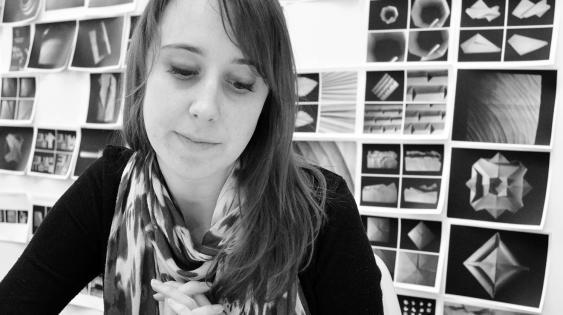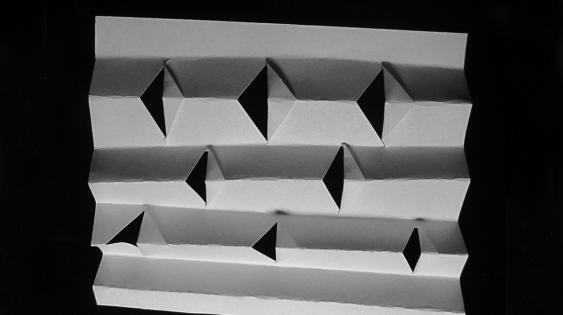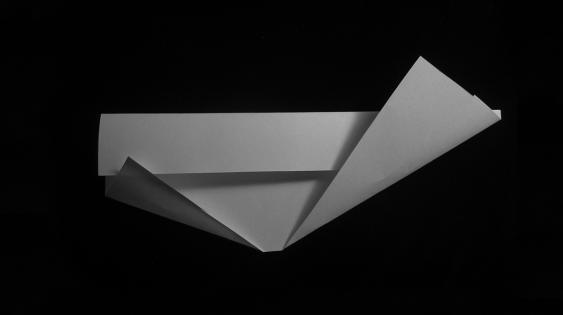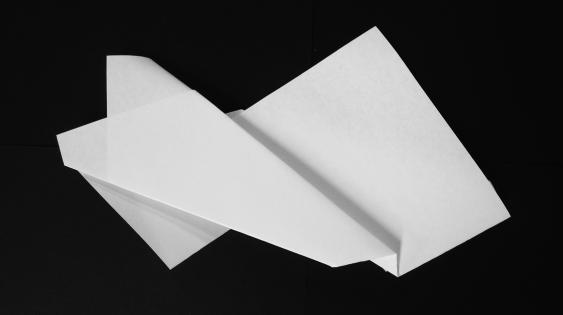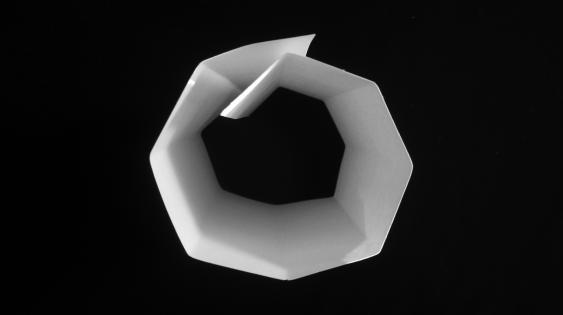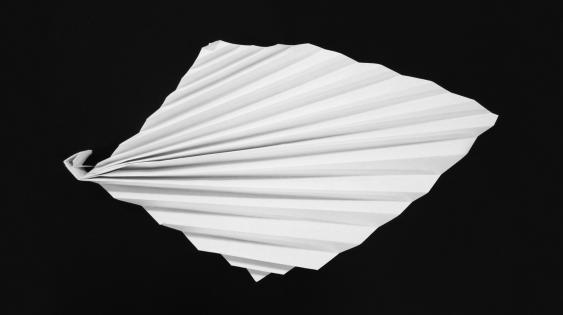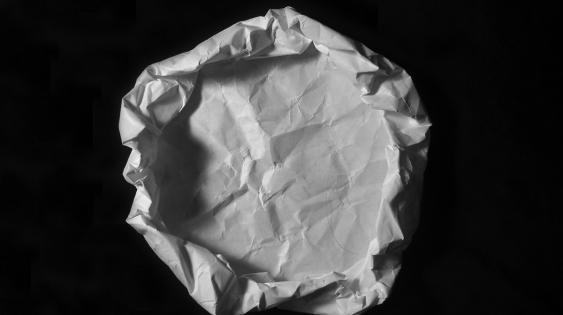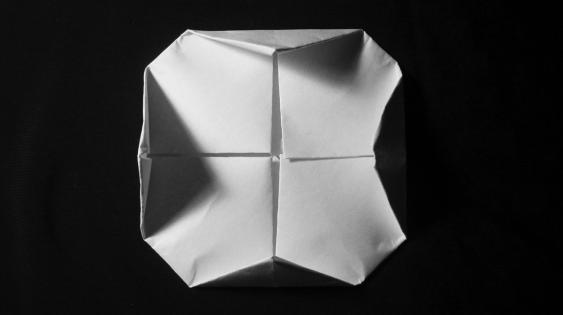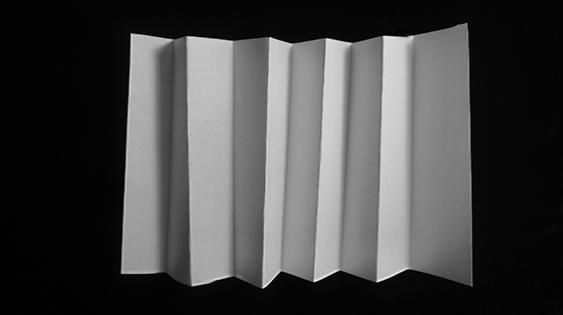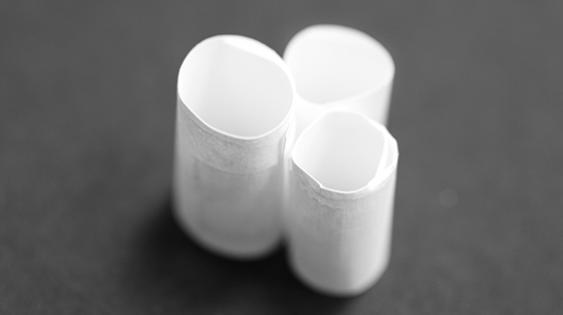UIC: Anna, what is your masters topic?
Keeler: The designer’s methodology and personal voice.
Why did you decide to focus on this particular topic?
My design background is deeply rooted in the ideology and aesthetics of Swiss design, which —to my understanding—asks the designer to remain in the background, to be anonymous. These values, introduced in my undergrad program, were emphasized further when I became a corporate identity designer, where I worked to keep my design work neutral, timeless, and universal.
Why was this topic’s exploration important to you?
I began to question the role of neutrality in my work. I am someone who has a lot to say. I found that when my work included more personality and life it received more attention, so I wanted to see where that could take me. I still don’t know if including one’s personal voice in design is helpful, necessary, or even a good idea, but for me the exploration was extremely important. Over the course of graduate school I’ve realized that humor and beauty are vehicles of expression for me, in addition to writing and analysis, design theory, and methodology. Both of those conclusions will help shape the designer that I’ll become and it feels good to have discovered those things about myself.
What was the easiest part of your masters exploration?
I think the easiest and most difficult parts of exploring my thesis were one and the same: letting go. Part of me ran full force in the direction of change: radical thinking, expression, complexity, and ambiguity, and the other part of me clung for dear life onto what I knew: control, simplicity, neutrality, and clarity. It’s a hard place to inhabit because you don’t know what is right and what is wrong, but walking that line was the only thing that would bring me to a new place as a designer, which is where I desperately wanted to be.
What was the most difficult part of your thesis exploration?
See above :).
Did you learn any important lessons over the course of the project?
Embrace who you are.
What did you expect from UIC’s program?
I expected it to help me find my voice as a designer.
When you pursued your masters project, what did you expect? What did you not expect?
I wasn’t exactly sure what a masters project was, to be honest. I think I have a better understanding now of what was expected of me, but I’m still not sure what I expected from myself. I do know that I have moved forward as a designer, and I guess that’s all we can hope for sometimes.
What do you see yourself doing after graduation?
I want to teach design.
What advice would you give incoming students of the program?
Don’t get caught up in the politics of graduate school. Love every minute of what you are doing and let every-thing else float away.
Is there a memorable UIC experience that you’d like to share with others?
The love and bonds between myself and my classmates. I have met the most amazing people in my life—they come from all over the world—and I will never forget them. They have shaped me more than they know and I am not the same person after knowing them. They are what made it all worth while.
Is there an unusual fact about yourself that you’re willing to share?
I talk a big game, and have opinions about everything; but I’m really just trying to find myself like everyone else.
What did you learn at UIC that you didn’t in college?
I learned that if I define myself as just a designer, that is all I will be. UIC taught me to define myself as a maker, thinker, doer, creator, writer, leader, collaborator, listener, speaker, presenter, and teacher—so that is what I can become.
What do you like most about the MDes program?
Its sister program in Basel. It was a dream to go to Switzerland for a month and build upon the skills I had learned in my first year of graduate school.
